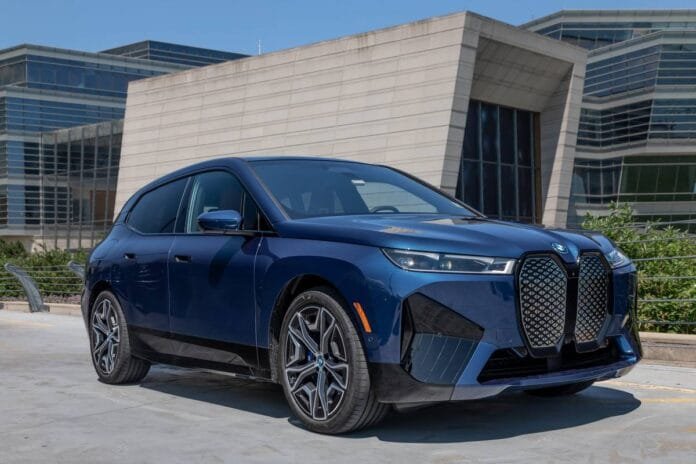The Rise of 72-Month Car Loans
In recent years, car shoppers have seen a significant increase in the popularity of 72-month auto loans. This six-year commitment has become commonplace, particularly as consumers increasingly opt for pricier vehicles. While such extended loans initially gained traction during the early stages of the COVID-19 pandemic, their prevalence continues to grow today.

Reasons Behind Their Popularity
Many automakers rolled out financing incentives to stimulate sales amidst economic uncertainty, with attractive offers like 0% financing for terms reaching up to 72 or even 84 months. Notably, during the brief period in late March and early April 2020, such loan options accounted for over 20% of new-vehicle sales, a remarkable surge compared to pre-pandemic figures. According to industry analysis, nearly a third of all new-auto loans in early 2025 have terms of 73 months or more.
Potential Drawbacks of Long-Term Financing
While lower monthly payments may seem appealing, longer loan terms can lead to greater financial liabilities. For instance, financing a ,000 vehicle at an interest rate of 8.29% over 72 months results in significant interest payments—over ,200—with the buyer potentially upside-down on the car. Whether qualifying for 0% financing or not, the car’s depreciation remains a constant threat, affecting equity. Hence, savvy car shoppers must weigh these risks against the allure of extended payment plans to make informed purchasing decisions.




